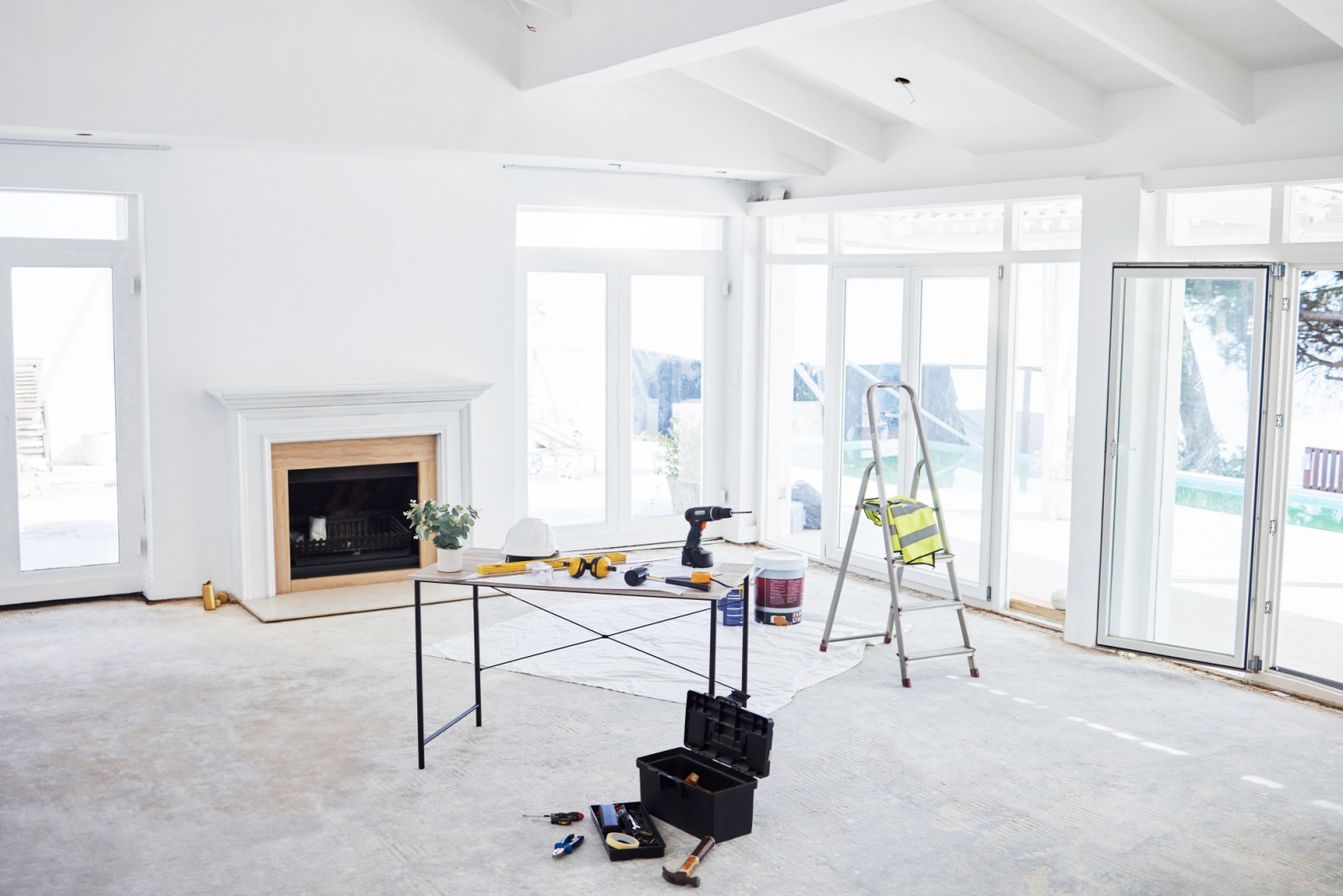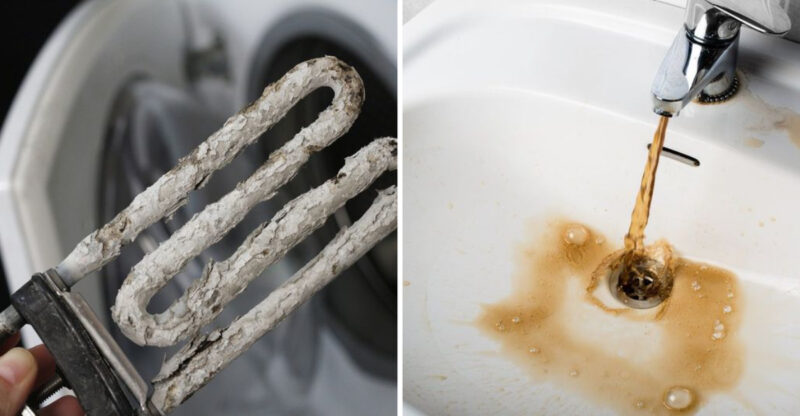Consequences Of Renovating Your Home Without Required Permits

Have you ever thought about skipping those pesky building permits when fixing up your home? It might seem like a shortcut to save time and money.
But hold on, that decision could cost you way more than you bargained for. I’m here to walk you through the real risks and headaches that come with unpermitted renovations.
This article is for informational purposes only and should not be considered legal or professional advice. Always consult with local authorities and professionals before starting any home renovation project.
1. Fines And Penalties
Your wallet won’t be happy if code enforcement knocks on your door. Local governments take building codes seriously, and they’ll charge you hundreds or even thousands of dollars for breaking the rules. Some cities double or triple the original permit fee as punishment.
Getting caught means paying both the fine and the permit cost you tried to avoid. Your neighbor’s complaint or a routine inspection could expose your secret project.
Money you thought you saved disappears fast, along with your peace of mind.
2. Stop-Work Orders
Imagine your dream kitchen halfway done when suddenly everything must halt. Building inspectors have the power to freeze your entire project with a single document. No hammering, no painting, no progress until you fix the permit situation.
Your contractor can’t touch anything, but you still owe them money for work already completed. Materials sit exposed to weather while you scramble to get proper approvals.
What could’ve taken weeks now stretches into months of frustration and delay.
3. Forced Removal Of Completed Work
Picture this nightmare: your beautiful new deck gets ripped out because it wasn’t permitted. Authorities can legally force you to undo work that doesn’t meet code requirements. All that time, effort, and cash literally gets hauled away in a dumpster.
You’ll pay for demolition costs on top of everything else you’ve already spent. Some violations are so serious that there’s no way to fix them except for complete removal.
Starting over from scratch becomes your only option, doubling your total expenses.
4. Costly Retroactive Permits
Getting permits after the fact is way more expensive than doing it right from the start. Cities charge premium fees for retroactive applications because you’ve already broken the rules. You’re basically paying extra for your attempt to skip the system.
The process takes longer, too, since inspectors must verify work hidden behind walls and floors. You might need to expose completed areas for inspection, creating additional repair costs.
Expect to shell out double or triple what a regular permit would’ve cost originally.
5. Failed Inspections
When inspectors finally examine your unpermitted work, they often find problems. Without professional oversight during construction, mistakes pile up that you never noticed. Electrical wiring might be dangerous, or structural supports could be inadequate for safety.
Each failed inspection means hiring contractors to fix issues and paying for re-inspection visits. You’ll spend more correcting these problems than if you’d hired qualified professionals initially. The inspection process becomes an expensive lesson in why permits exist in the first place.
6. Liability For Safety Hazards
If someone gets hurt because of your unpermitted renovation, you’re legally responsible. Faulty electrical work could start fires that harm family members or neighbors. Structural failures might cause injuries to guests visiting your home.
Courts won’t be sympathetic when they learn you skipped safety inspections. Your liability extends beyond your property line if problems affect adjacent homes.
Legal judgments for injuries can reach hundreds of thousands of dollars, potentially bankrupting you and destroying your financial future completely.
7. Home Insurance Issues
Insurance companies can deny claims related to unpermitted work without hesitation. That kitchen fire caused by unlicensed electrical work? Your policy might not cover a single penny of the damage. Insurers investigate thoroughly before paying out large claims.
Some companies cancel your entire policy after discovering unpermitted renovations. Finding new coverage becomes difficult and expensive once you’re labeled a risk.
You could end up with no protection at all, leaving your biggest investment completely vulnerable to disaster.
8. Reduced Property Value
Appraisers can’t count unpermitted additions toward your home’s official value. That expensive bathroom remodel becomes worthless on paper if it lacks proper documentation. Professional valuations drop significantly when permits are missing from public records.
Buyers recognize the red flags and offer less money to account for future headaches. Your home sits on the market longer while competitors sell quickly.
The equity you thought you built through renovations simply doesn’t exist without legitimate permits backing up the work.
9. Problems During Home Sale
Selling your house becomes incredibly complicated when permits are missing. You’re legally required to disclose unpermitted work to potential buyers in most states. Honest disclosure scares away many qualified purchasers who don’t want inherited problems.
Buyers who stay interested demand huge price reductions to offset their future permit costs. Some mortgage lenders refuse to finance homes with known permit violations.
Your sale could fall through multiple times, costing you thousands in carrying costs while the house sits empty.
10. Difficulty Financing Or Refinancing
Banks won’t lend money against unpermitted improvements because they represent financial risk. Refinancing to get better interest rates becomes impossible when lenders discover code violations. Appraisals come in too low to support the loan amounts you need.
Home equity lines of credit get denied for the same reasons. You’re stuck with your current mortgage terms, no matter how much rates drop.
The financial flexibility you counted on disappears, trapping you in unfavorable loan conditions for years longer than necessary.
11. Legal Action From Local Authorities
Cities can take you to court for ignoring building codes and permit requirements. Municipal attorneys file lawsuits seeking compliance and additional penalties beyond standard fines. Court dates mean missing work, hiring lawyers, and spending money on legal fees that quickly add up.
Judges can order daily fines until you correct violations, creating mounting debt. Some jurisdictions place liens on your property that must be paid before you can sell.
Criminal charges are even possible for serious or repeated violations, putting your freedom at risk.






